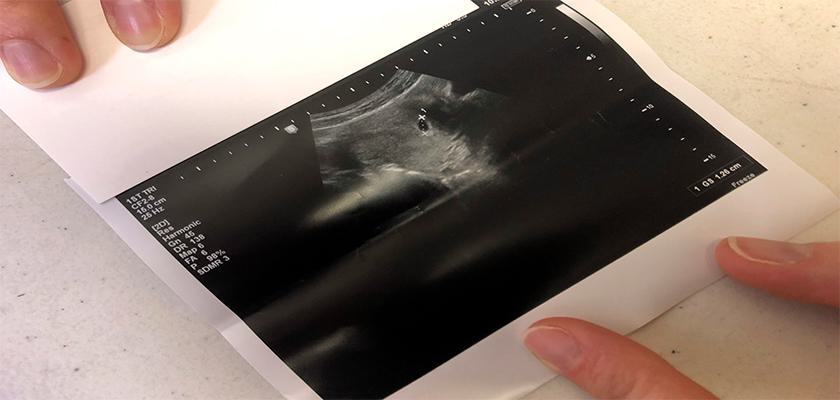In June, the Supreme Court of the United States (SCOTUS) struck down Roe v. Wade, which claimed abortion was a Constitutional right.
After the SCOTUS decision, Alabama's near-total ban on abortion under the Alabama Human Life Protection Act of 2019 went into effect.
The law makes it a felony to perform an abortion except for clearly defined risks to the mother's health.
The Human Life Protection Act lists punishments for anyone who performs or assists in an abortion. However, mothers cannot be held criminally or civilly liable for having an abortion.
Even though surgical abortions are illegal in the state, women can still travel to other states to receive an abortion. That, combined with the ever-growing industry of ordering abortion pills over the internet, leaves some unanswered questions.
Performing self-managed abortions is not a rare occurrence. Entire organizations, such as Plan C, exist to "normalize the self-directed option of abortion pills by mail," regardless of state restrictions.
Self-directed abortions are mainly designed around administering "abortion pills," typically a two-stage administration of mifepristone and misoprostol.
There is plenty of online information on self-managed abortions, such as an entire series on self-managed abortions from Doctors Without Borders.
Multiple websites, many supported by Plan C, exist to subvert state laws and direct women to websites where they can access abortion pills online, even if they are illegal in a state.
One website boasts the ability of European doctors to write prescriptions for patients in all 50 U.S. states. Doctors in foreign countries face no legal risk for prescribing telehealth drugs, while doctors in the U.S. are subject to legal ramifications based on the state laws of the patient.
Other sites mail generic abortion pills directly to people's doorstep without prescriptions or consultations. These sites cannot market their pills as prescription medication, but independent lab studies from advocacy groups have found that the drugs provided by these sites are legitimate abortion pills.
Due to the proliferation of purchasing abortion pills online, the Food and Drug Administration (FDA) has a tab under its description of mifepristone and misoprostol, warning people not to buy generic drugs over the internet for safety reasons.
Despite the warnings and state laws, telemedicine abortion pills have been widespread on the internet, which is likely to escalate in the wake of the SCOTUS decision.
Alabama's criminal code does have stipulations for prosecuting pregnant mothers chemically endangering their children by exposing them to controlled substances. However, abortion pills are not listed on Alabama's list of controlled substances.
Additionally, due to the lack of legal ramifications for women in the state who have an abortion, it's unclear if a woman could be prosecuted if they took a controlled substance to end their pregnancy.
Due to the holiday, the Attorney General's office did not respond to inquiries from 1819 News.
To connect with the author of this story, or to comment, email craig.monger@1819news.com.
Don't miss out! Subscribe to our newsletter and get our top stories every weekday morning










